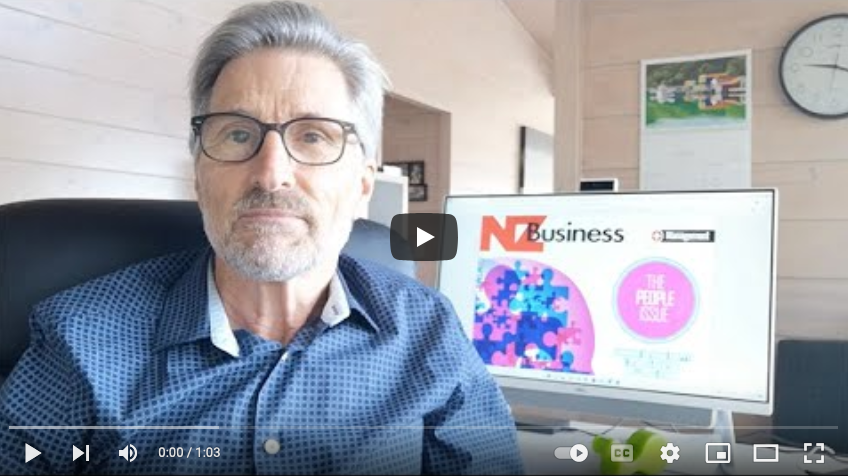Protecting your business from fraud
The odds of your company being the victim of some form of fraud are stronger than you think. Here are some tips on how to protect your organisation.
|
It is estimated that around 32 percent of small and medium enterprises (SMEs) will be a victim of fraud during the lifetime of the business from credit card fraud to cyber-crime but the very nature of fraud means that it is impossible to get accurate figures on how prevalent it is. Many organisations are too embarrassed to admit it has happened to them. Others are fearful that their suppliers or customers will look unfavourably upon them. The result is that many frauds never get exposed in the public arena, says Craig Fisher, of Hayes Knight Accountants and Business Advisers. Others who discover frauds occurring are concerned not to publicise fraud details for fear that this will just provide a road map for other would-be fraudsters. There is also the it could never happen here attitude of complacency, common in many New Zealand companies, which is a huge roadblock to discovering how much fraud is truly occurring. Fraud is a word that sends shudders up the spine of anyone involved in the accounting or the financial control of an organisation. Especially as most people in those positions spend a large part of their efforts in ensuring that their organisation, and the financial statements that reflect the position and performance of the organisation, are free from fraud or error. Finding fraud often involves looking for what is not there and that is not always easy to quantify. In several frauds I have been involved in investigating, I was left with a distinct feeling that we had not uncovered all of the wrongdoing. With some frauds and the methods employed to cover them up it is impossible to ascertain the total scope, says Fisher. And as companies and their financial systems evolve and change, so do the opportunities for fraud. For example, a change from manual cheque payment system to using an electronic banking payment system provides an opportunity for a different way of defrauding an enterprise. Fisher suggests the following practical steps to protect your organisation: Remain skeptical Think the worst and prove the best. |
Revisit your controls whenever changes occur. You must ensure the controls in place in your organization are appropriate to the systems you operate. Seek independent assistance. A review of your systems and controls by an independent, expert third party can be highly beneficial. Often we need a fresh set of eyes to clearly see the opportunities and threats. If you do find fraudtake action! When organisations do not take appropriate legal action against a fraudster all they are doing is setting them free to go and perpetuate a larger fraud on some other unsuspecting organisation because they were given the chance to practice. Legal action can be difficult and costly but the alternative is morally reprehensible. If you do suspect fraud in your organisation then it is imperative that you immediately seek appropriate advice from an expert such as an auditor or forensic accountant with fraud investigation experience, or a solicitor who has taken fraud cases, advises Fisher. It is very easy to destroy your chances of recovery of funds if the correct process is not followed. It is also ridiculously easy to end up on the end of a personal grievance claim from the fraudster costing your organisation even more money. Craig Fisher is principal-auditdirector at Hayes Knight Accountants and Business Advisers. Phone 09 379 7013 ext 507, or email: [email protected] |






